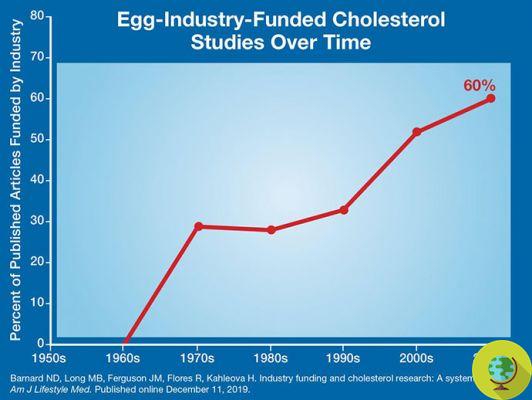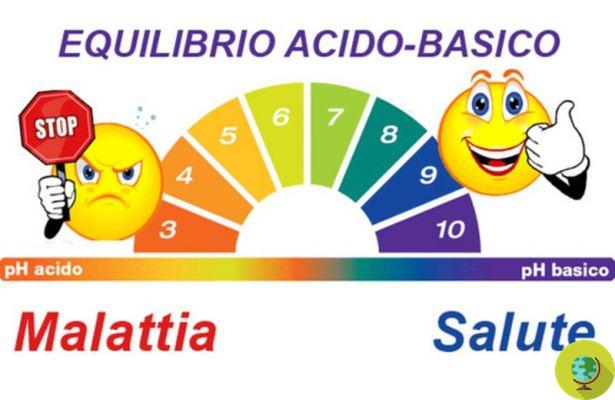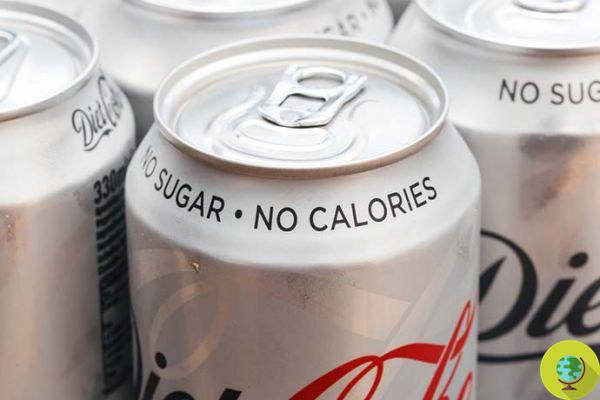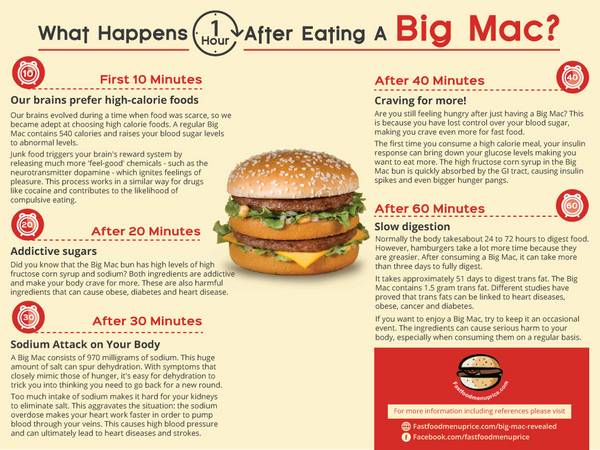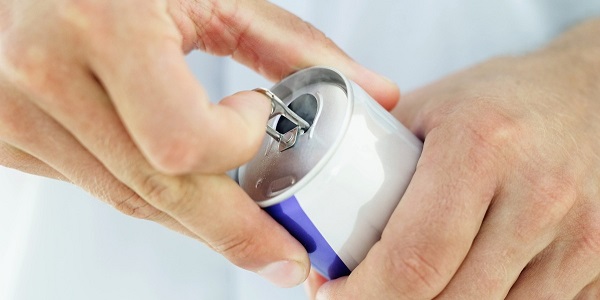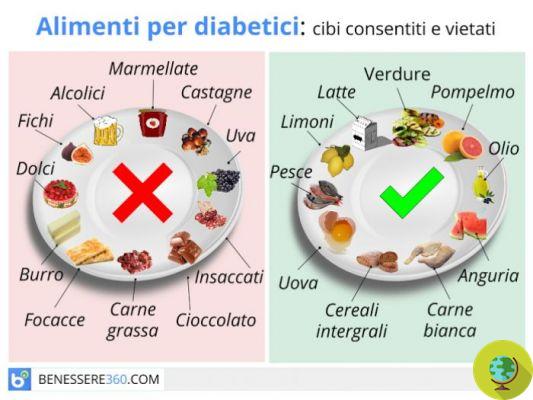
Taking too much caffeine could change the gray matter of the brain and therefore make it smaller. I study.
Don't store avocado like this: it's dangerousIt is found in coffee, but also in cola and energy drinks: the caffeine it is the most consumed psychoactive substance in the world, but according to some researchers its regular intake could change the gray matter of the brain and make it smaller. An effect which, however, appears to be temporary.
The assumption? Caffeine helps most of us feel more alert, however it can disrupt our sleep when taken in the evening. Sleep deprivation can in turn affect the gray matter of the brain, as previous studies have already shown. So can regular caffeine consumption affect brain structure due to bad sleep? The research team led by Carolin Reichert and Christian Cajochen of the University of Basel and UPK (the Psychiatric Hospital of the same University) in Basel) investigated this question in a study.
Read also: No juices, vegetable drinks or other soft drinks: up to 5 years old, children should drink only water and milk (preferably skimmed)
"Excessive intake of coffee - states Reichert - could compromise the ability to process information, as well as cognitive function".
A systematic review
The team involved 20 healthy participants, who were given three 150-milligram servings of caffeine (equivalent to about four or five cups of coffee) daily for 10 days. Over the next ten days, the participants then received a placebo. The research team monitored the subjects' sleep using electroencephalography (EEG), finding that caffeine did not compromise sleep duration and depth.
The researchers observed changes in the gray matter, which refers to the parts of the central nervous system that consist mainly of the cell bodies of nerve cells (while white matter mainly comprises the neural pathways, the long extensions of nerve cells).
"We noticed a reduction in gray matter - the experts continue - but it could be only a temporary effect, given that after ten days this alteration did not seem to persist".
Scientists actually considered a particularly evident effect in the right medial temporal lobe, in the hippocampus region, essential for memory consolidation.
☕What is the effect when healthy people regularly consume #caffeine?
The surprising result from a @UniBasel_en study: The depth of sleep does not seem to be affected, but the volume of the brain's gray matter is at least temporarily altered. https://t.co/ciIvMMkw0l
— University of Basel (@UniBasel_en) February 15,
"Our results do not necessarily mean that caffeine consumption has a negative impact on the brain, but daily caffeine consumption greatly affects our cognitive functions, so further research should be carried out."
How many coffees can then be drunk per day without running into health risks? Science confirms that caffeine can be part of a healthy diet, but if you take too much it can actually pose a health hazard. Depending on factors such as body weight, medications you may be taking and individual sensitivity, that "too much" can vary from person to person.
According to the guidelines of the American FDA, up to 4-5 cups of coffee have no negative effects on health, but what must be borne in mind is that caffeine is also found naturally in the plants used to make tea and chocolate and that many packaged foods, dietary supplements, and sodas contain it. HERE you will find all the symptoms of caffeine abuse.
Fonti: Cerebral Cortex / UniBas
Read also:
- We get most of the polyphenols from coffee (and that's not good at all)
- Coffee reduces the risk of type 2 diabetes. New confirmation
- Drinking hot coffee and tea doubles the risk of esophageal cancer. I study








